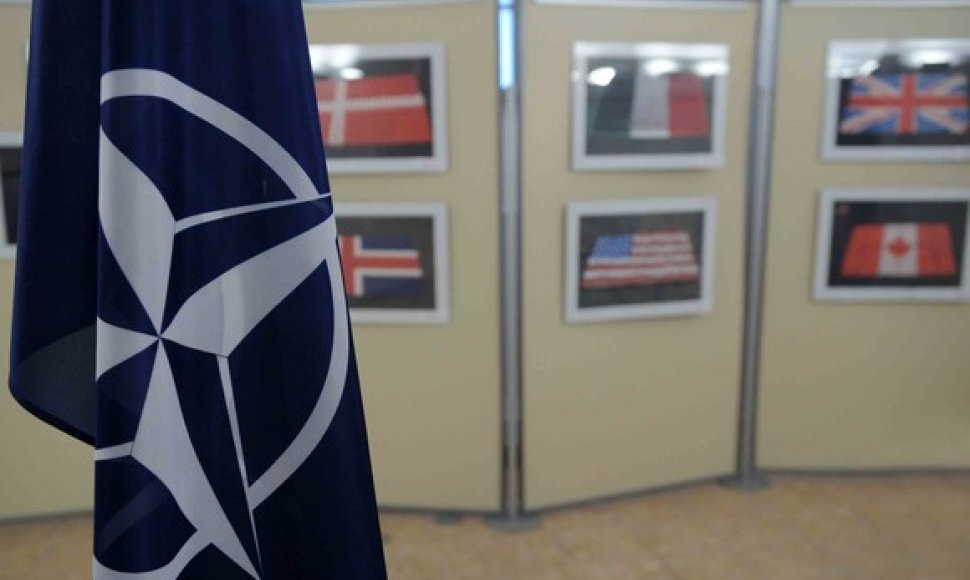"We need to make financial and not political decisions, if we want our security and the Alliance's security in general not to be undermined," liberal Petras Auštrevičius told a press conference on Tuesday on the Prague meeting of MPs from NATO member countries.
His view was also shared by social democrat Juozas Olekas who said that NATO is facing "the problem of funding its defense capabilities." In his words, in the context of decreasing defense funding, Lithuania is among the worst performers in the Alliance.
"Our country's decrease is among the largest decreases in the defense system, and even today we are going to discuss in the Committee (on National Security and Defense) and see during the plenary session the budget which is submitted to the Seimas for consideration without complying with our inter-party agreement which was signed not a long time ago and was hugely popularized that we are going to gradually increase defense funding. Unfortunately, there's no funding increase the way we calculate compared to the gross domestic product in this draft budget," the social democrat said.
"It will definitely be a huge challenge for the next four-year Seimas term for all political groups, both in the position and the opposition, to take it into account and at least part of the GDP increase to be allocated for funding those defense capabilities," Olekas said.
Based on the submitted draft budget, the defense budget is set to increase to LTL 923.9 million (EUR 267.3 million), compared to LTL 870.2 million, or 0.79 percent of GDP, in 2012. But even after the budget increase of LTL 50 million, its share compared to the country's GDP will hardly change as the GDP is estimated to grow next year too.
Social Democratic leader Algirdas Butkevičius has told BNS he might keep the 2013 defense budget drafted by the outgoing rightist Cabinet.
On the eve of the NATO Chicago Summit in May, 11 Lithuanian political parties signed an agreement committing "to gradually increase funding for the national defense on an annual basis, to seek that 2 percent of GDP be allocated for the national defense system in the long-term."
A specific deadline is not mentioned in the agreement.












